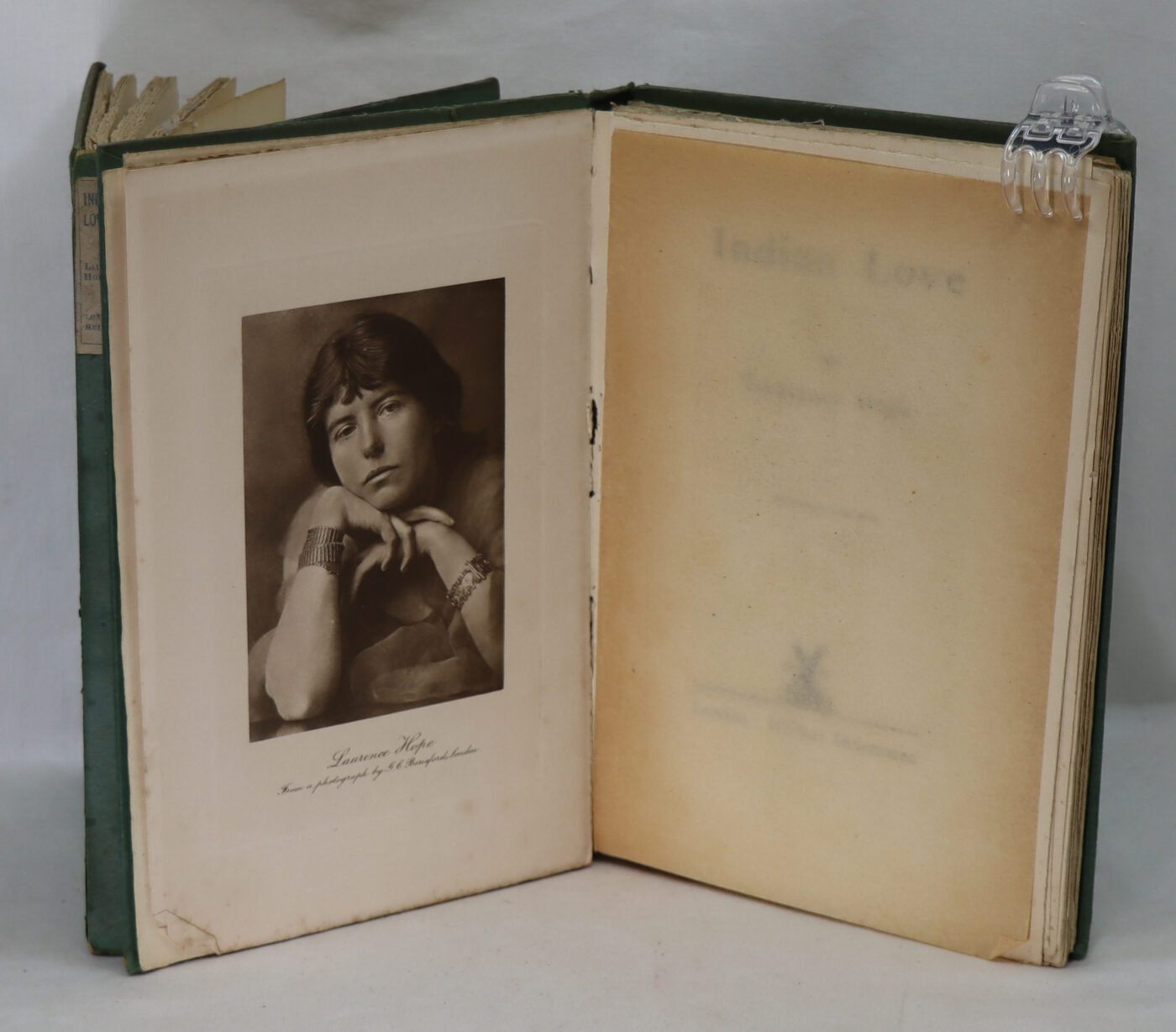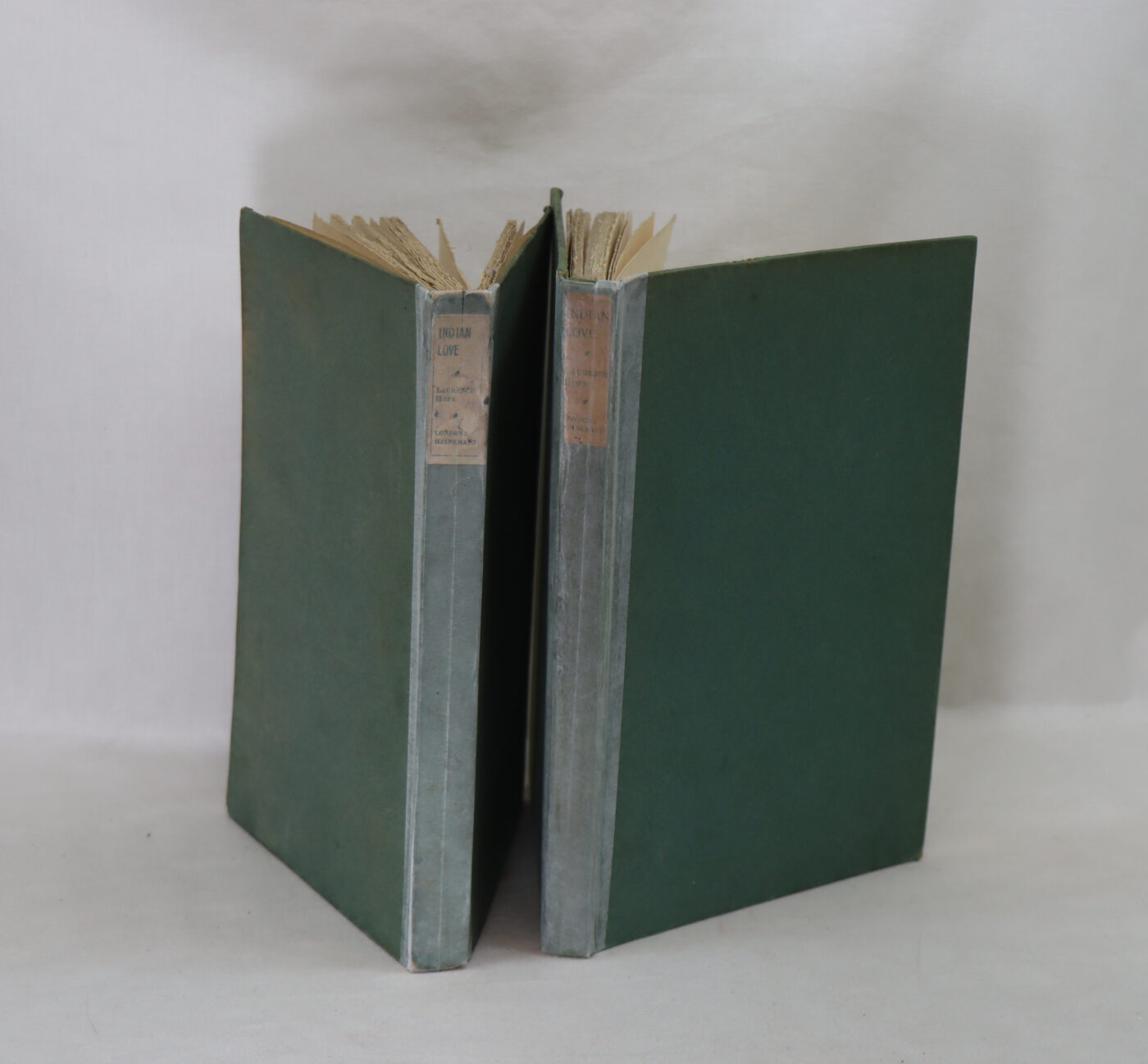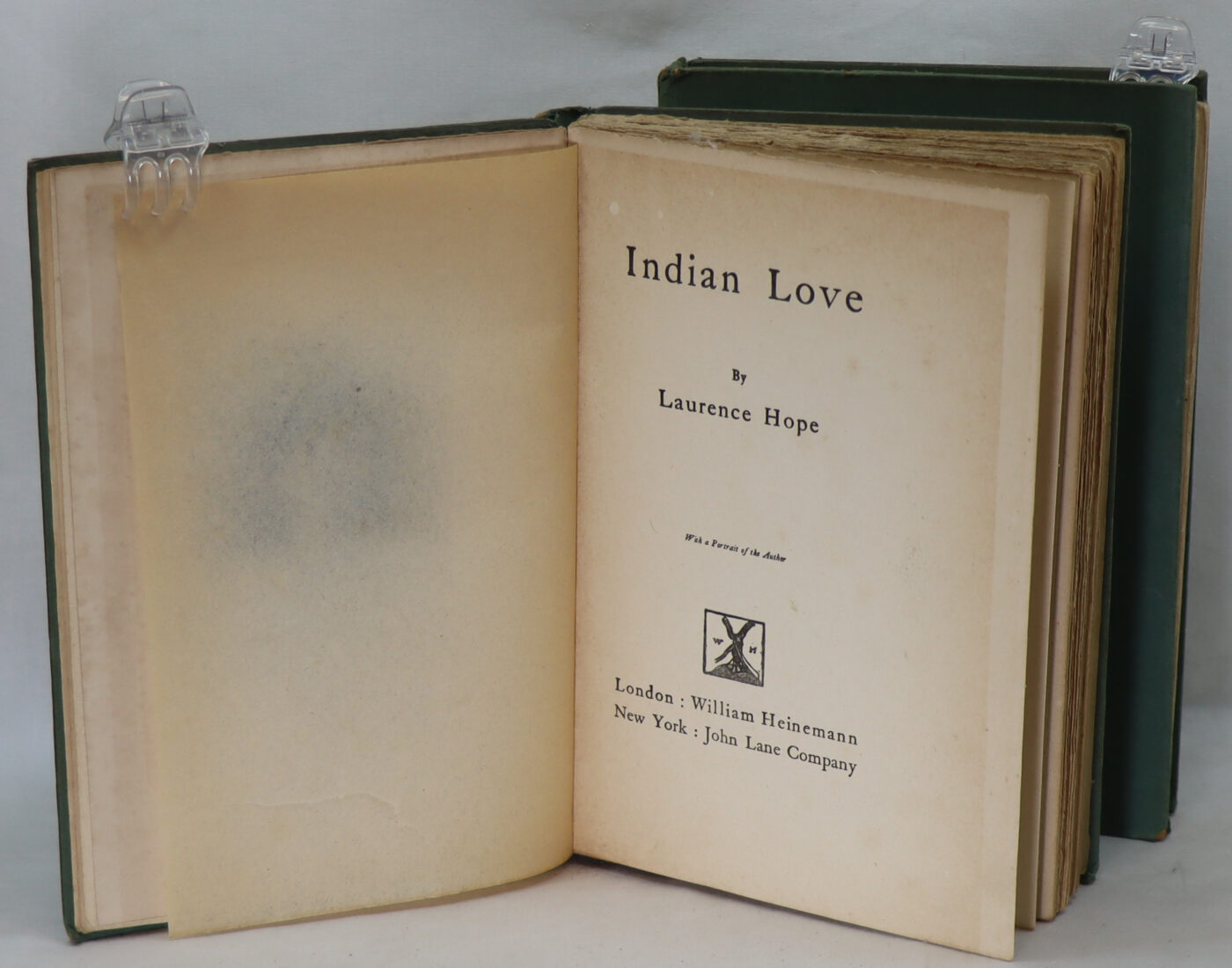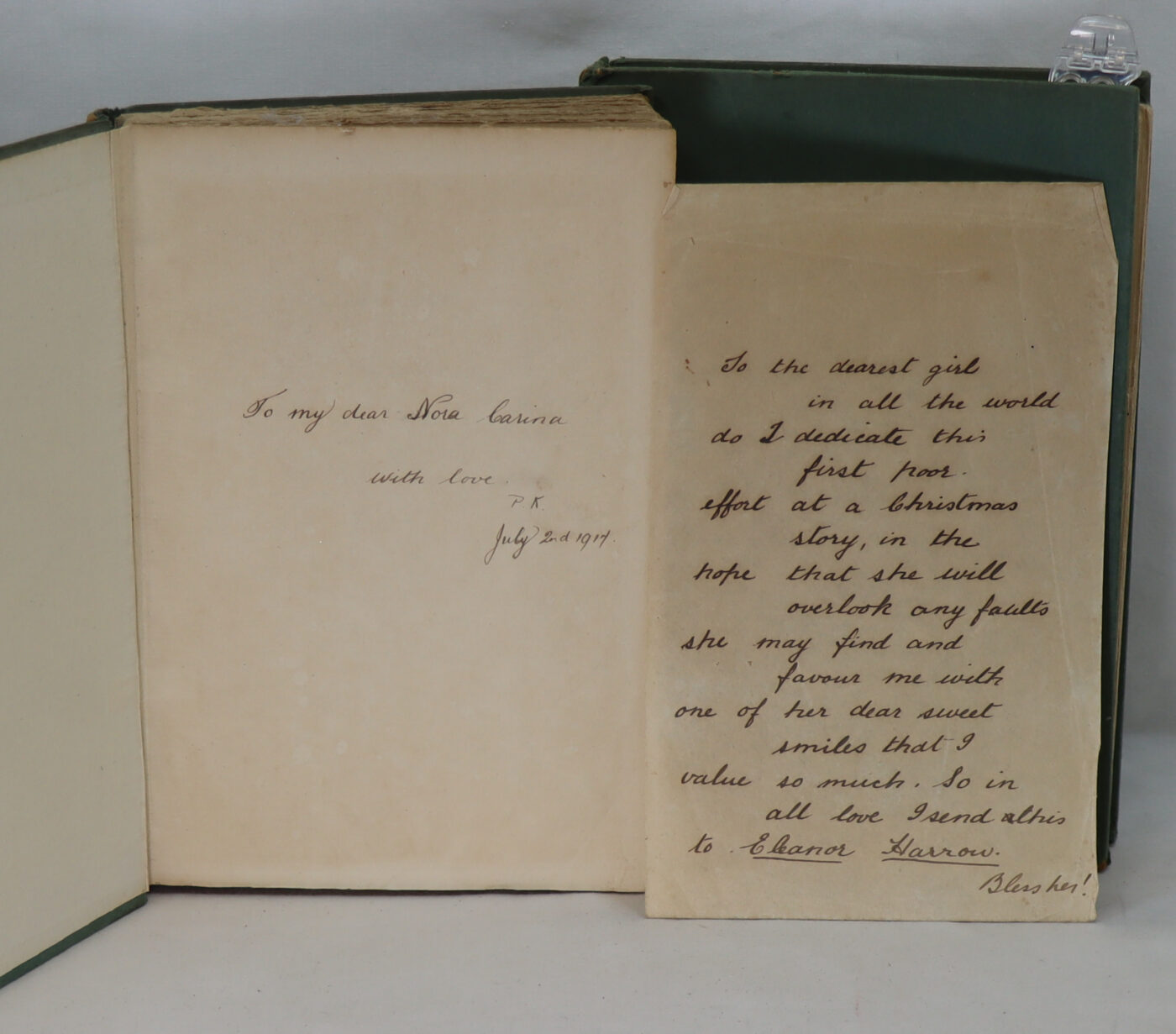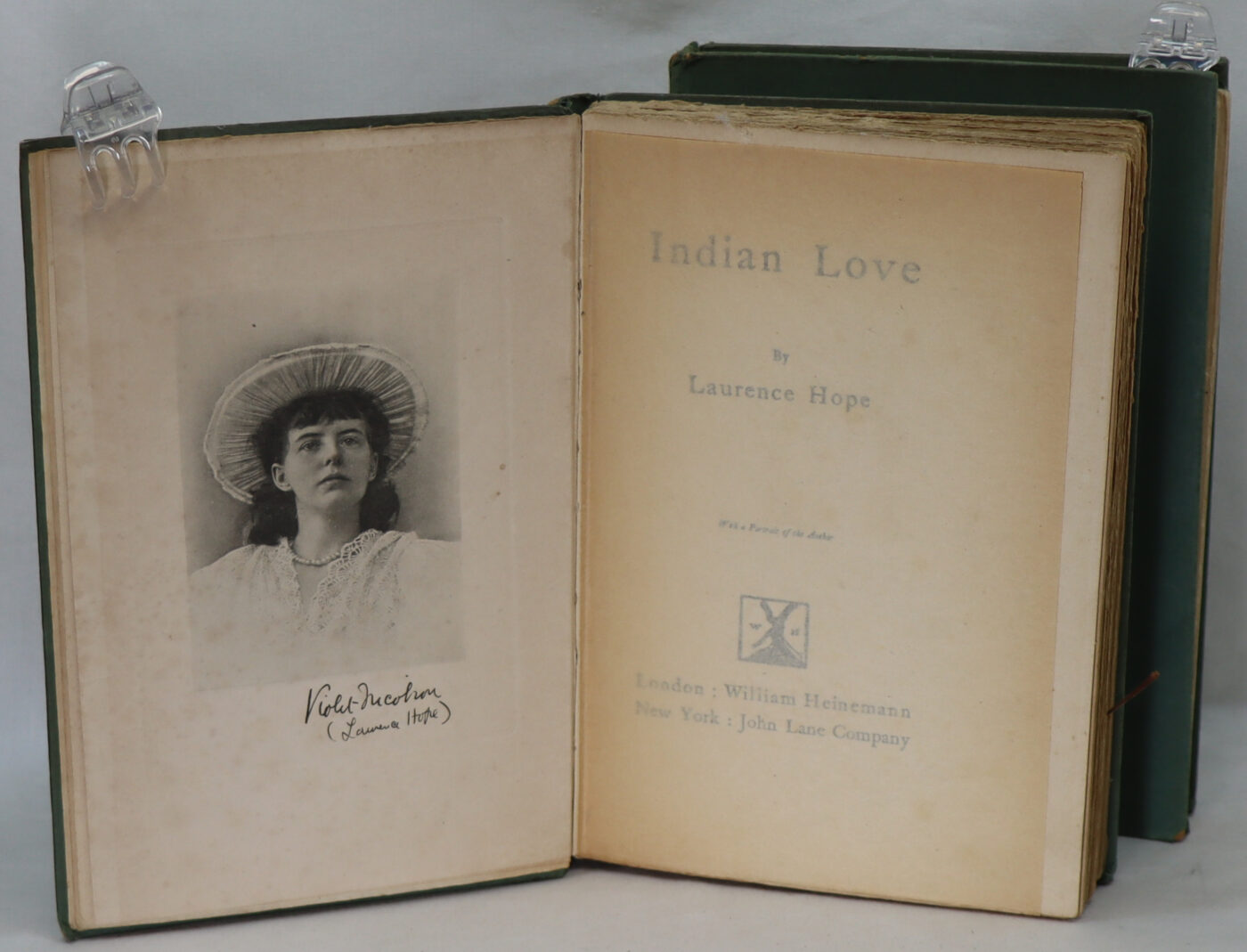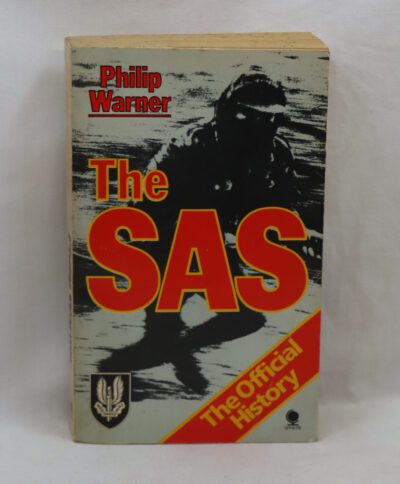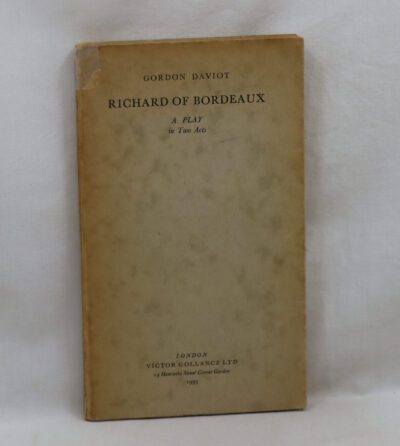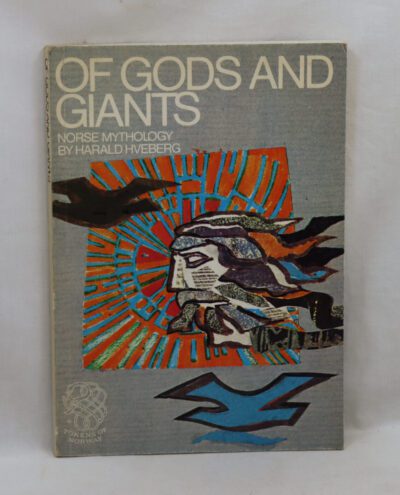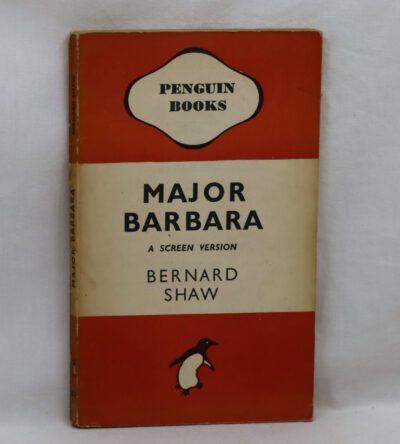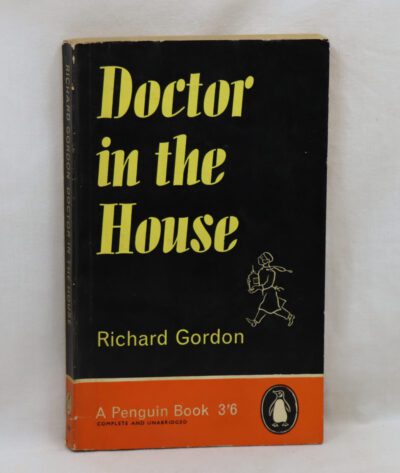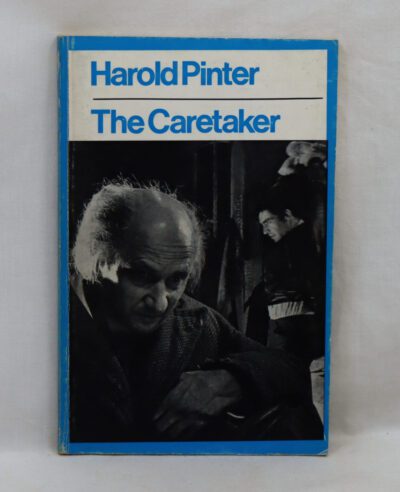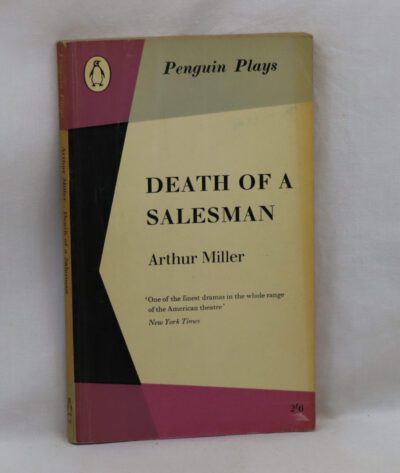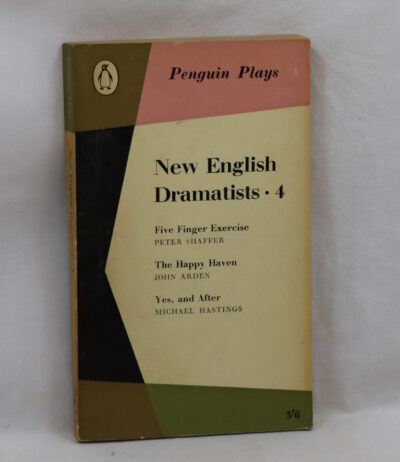Indian Love.
By Laurence Hope
Printed: 1917
Publisher: William Heinemann. London
| Dimensions | 15 × 22 × 1 cm |
|---|---|
| Language |
Language: English
Size (cminches): 15 x 22 x 1
Condition: Fair (See explanation of ratings)
FREE shipping
Item information
Description
Hardback. Green board binding with white title on the spine. dimensions are for one book.
We provide an in-depth photographic presentation of this item to stimulate your feeling and touch. More traditional book descriptions are immediately available
Warning: This book was part of the erotic library gathered by the famous Cambridge Don, computer scientist, food and wine connoisseur, and member of the London Athenaeum Club, Jack Arnold LANG, who along with medical friends and family was involved in Freudian research. Sexual instincts or drives have deeply hidden roots in the unconscious mind. Instincts act by giving vitality and enthusiasm to the mind through meaning and purpose. The range of instincts is in great numbers. Freud expressed them in two categories. One is Eros, the self-preserving life instinct containing all erotic pleasures. While Eros is used for basic survival, the living instinct alone cannot explain all behavior, according to Freud. In contrast, Thanatos is the death instinct. It is full of self-destruction of sexual energy and our unconscious desire to die. The main part of human behavior and actions is tied back to sexual drives. Since birth, the existence of sexual drives can be recognized as one of the most important incentives of life. The enclosed book was part of this research. A photograph is enclosed, should you seek further details please contact Martin Frost on martin.frost@gmail.com
Foremost amongst erotic books collected by Jack Arnold Lang are those published by the Cory sisters. Violet Nicolson (9 April 1865 – 4 October 1904), otherwise known as Adela Florence Nicolson (née Cory), was an English poet who wrote under the pseudonym Laurence Hope. In the early 1900s, she became a best-selling author. Her sisters Annie Sophie Cory and Isabel Cory also pursued writing careers: Annie wrote popular, racy novels under the pseudonym “Victoria Cross,” while Isabel assisted and then succeeded their father as editor of the Sind Gazette.
The UK Obscene Publications Act 1857 had resulted in many jail sentences for publishers, with prosecutions being brought by the Society for the Suppression of Vice. The Cory sisters avoided such prosecution.
Of interest: the Cory sisters’ father, Colonel Arthur Cory was employed in the British army at Lahore, and he was editor of the Lahore arm of The Civil and Military Gazette who gave Rudyard Kipling (a contemporary of his daughters) Kipling’s first employment as a journalist.
Two copies, one proof copy signed by the author, the other a run on copy. Both copies are well read and have seen better days, that said both books are complete and are well illustrated by our photographs.
Adela Florence Nicolson was born on 9 April 1865 at Stoke Bishop, Gloucestershire, the second of three daughters to Colonel Arthur Cory and Fanny Elizabeth Griffin. Her father was employed in the British army at Lahore. Her sisters Annie Sophie Cory and Isabel Cory also pursued writing careers: Annie wrote popular, racy novels under the pseudonym “Victoria Cross,” while Isabel assisted and then succeeded their father as editor of the Sind Gazette.
Adela married Colonel Malcolm Hassels Nicolson, who was then twice her age and commandant of the 3rd Battalion, the Baluch Regiment in April 1889. He had apparently gained a reputation for derring do, once crossing the Mango Pir River by hopping from one crocodile’s back to another. A talented linguist, he introduced her to his love of India and native customs and food, which she began to share. This widely gave the couple a reputation for being eccentric. On the Zhob Valley expedition of 1890 she followed her husband through the passes of the Afghan border disguised as a Pathan boy. They lived in Mhow from 1895 until early 1900. After he died in a prostate operation, Adela, who had been prone to depression since childhood, committed suicide by poisoning herself and died at the age of 39 on 4 October 1904 in Madras.
Violet Jacob provided some information about the Nicolsons and their milieu, although most of what is known of Violet, as she came to be known, had to be gleaned through her poetry. Despite Nicolson’s use of pseudonyms and fictionalised characters, it was apparent to some of her contemporaries that her poems were deeply personal, even confessional. The “Dedication to Malcom Nicolson” that prefaces her last collection, written shortly before her suicide, provides an ambiguous disclaimer regarding the autobiographical origins of her poetry.
Want to know more about this item?
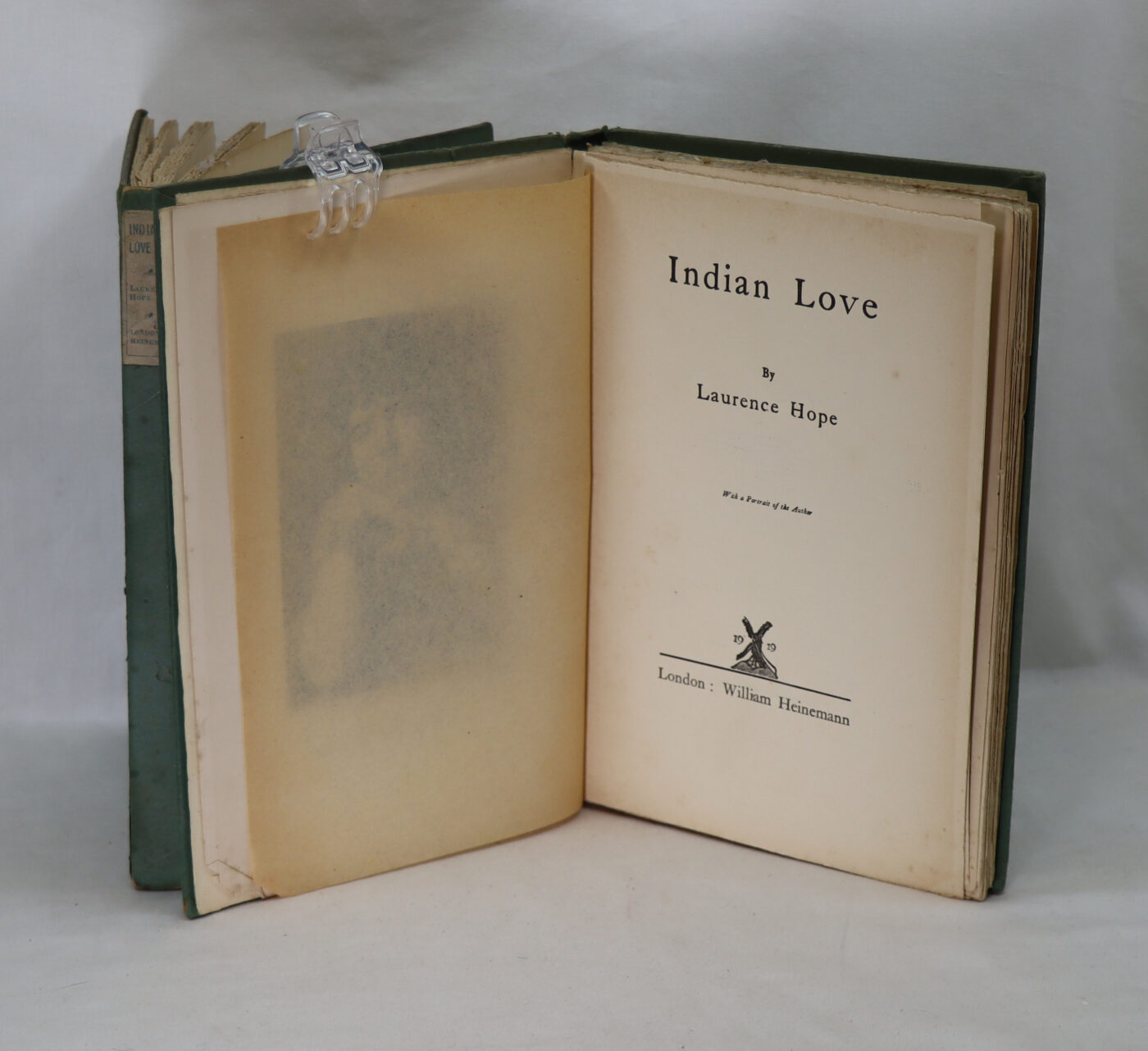
Related products
Share this Page with a friend

